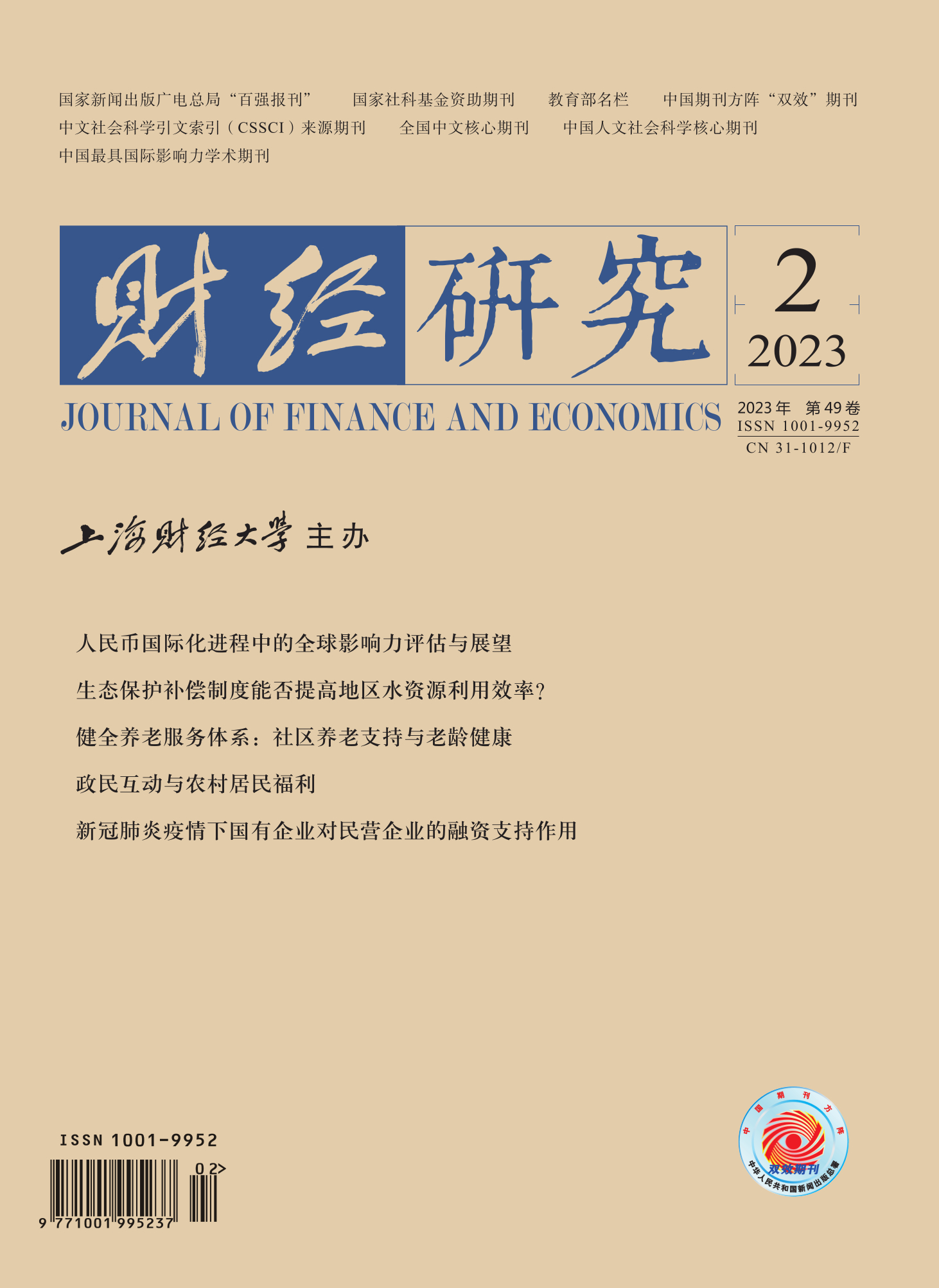Actively promoting citizen-state interaction is a strong guarantee for comprehensively implementing the rural revitalization strategy and promoting common prosperity. Citizen-state interaction is an important strategy for promoting informed, engaged and empowered citizens, which can help to advance management and organizational goals. However, there is a lack of studies on the stage at which the interaction between the government and the citizen is more conducive to the improvement of residents’ welfare. Based on the evaluation of villagers’ behaviors of village collective organizations in the early, middle and late stages to measure citizen-state interaction, this paper discusses the heterogeneous effect of citizen-state interaction in different stages on the improvement of residents’ welfare and its mechanisms.
Based on the data of the “Thousand-villages Survey” conducted by Shanghai University of Finance and Economics in 2016, we use the Structural Equation Modeling to study the impact of citizen-state interaction on the welfare of rural residents. The results show that: First, the smooth channel of information interaction effectively closes the distance between the grassroots government and villagers, and helps to improve residents’ welfare. Second, the three stages of citizen-state interaction all improve the subjective welfare of residents. Among them, the interaction link and the interpretation of public policy information by village cadres have a more prominent impact on the outcomes. Third, corruption perception, procedural fairness and precise assistance can explain the relationship between citizen-state interaction and residents’ welfare, and procedural fairness has a higher moderating effect than corruption perception and precise assistance. The conclusions are of important practical significance for realizing the benign interaction between rural residents and national policies, and promoting the modernization of grassroots governance system and governance capacity.
The contributions are reflected in the following aspects: First, existing literature on citizen-state interaction is mainly based on individual cases or specific situations, and the effectiveness and extensibility of their conclusions are questionable. This paper empirically examines the welfare effect of citizen-state interaction, which is an extension of the relevant literature. Second, this paper distinguishes and quantifies citizen-state interaction, and employs the Structural Equation Modeling to investigate the impact of citizen-state interaction on the objective and subjective welfare of residents. Third, this paper identifies and compares the importance of corruption perception, procedural fairness and precise assistance in the process of citizen-state interaction to improve residents’ welfare, and provides policy implications for better playing the service role of citizen-state interaction.





 6368
6368  5069
5069

